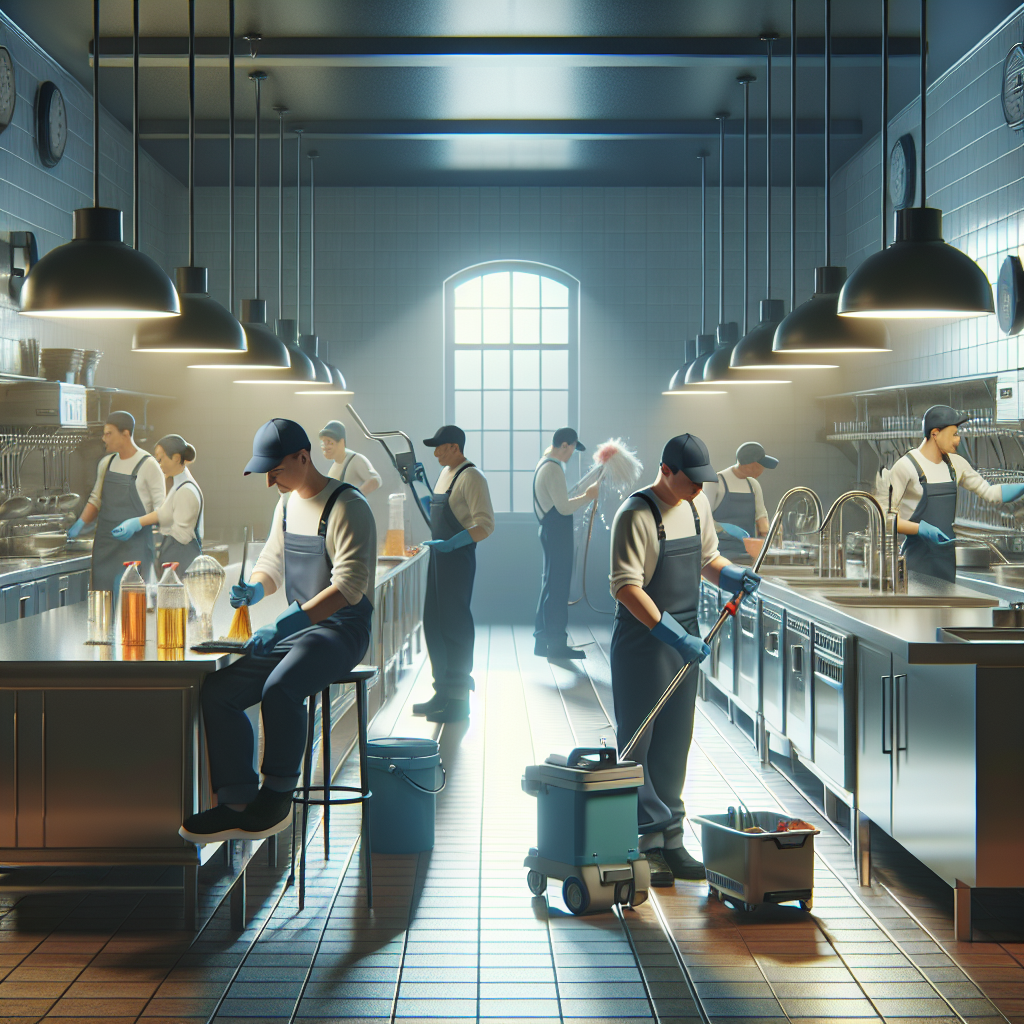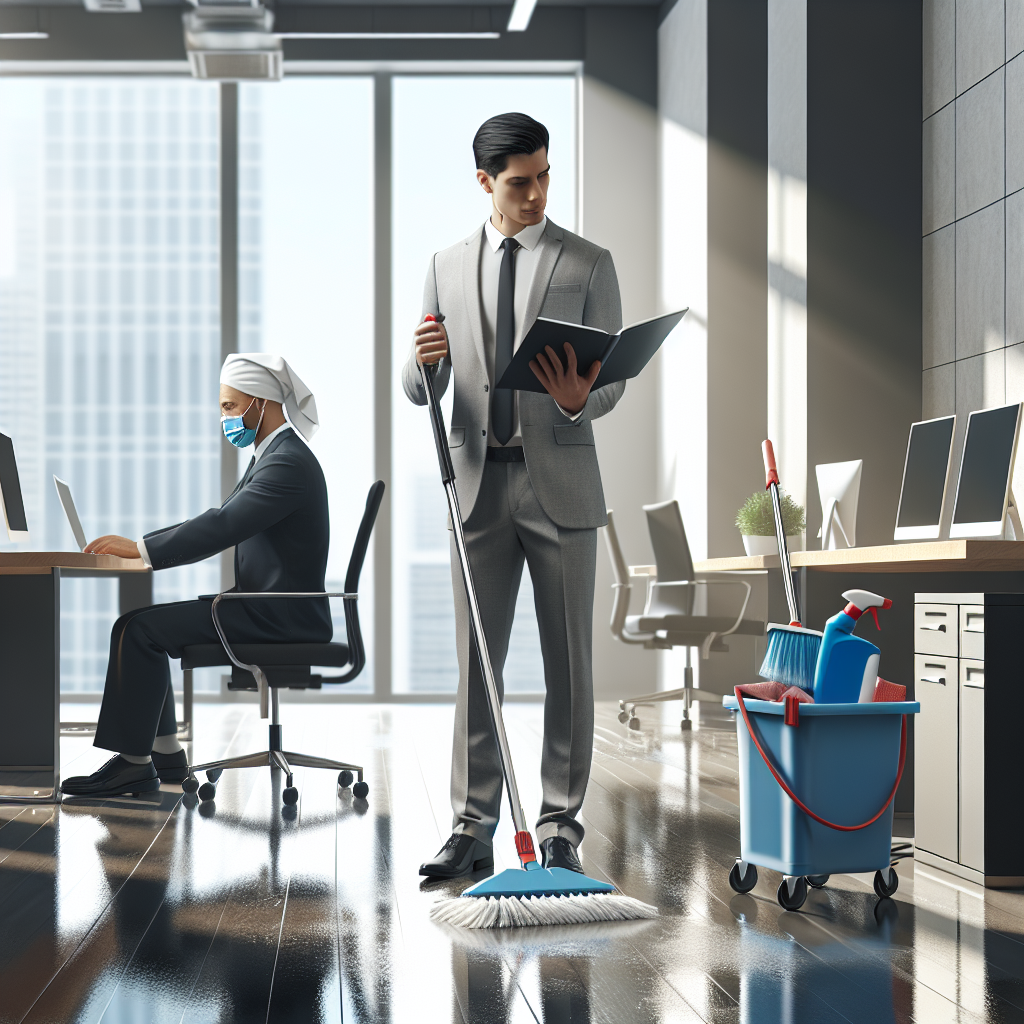In the bustling environment of a commercial kitchen, maintaining impeccable hygiene standards is not just a regulatory obligation but a cornerstone of operational success. Business owners who oversee restaurant operations, catering services, or food production facilities understand that cleanliness is directly tied to health standards, customer satisfaction, and regulatory compliance.
This post aims to address the specific concerns and needs of business owners when considering professional commercial kitchen cleaning services. We’ll explore challenges like health compliance, cross-contamination prevention, labor cost management, and equipment maintenance, offering actionable insights and strategies tailored to elevate hygiene standards efficiently and effectively.
Identifying Pain Points in Commercial Kitchen Hygiene
Running a commercial kitchen involves navigating a complex web of health regulations and ensuring that stringent hygiene standards are consistently met. Data from the National Restaurant Association indicates that 44% of foodborne illnesses can be traced back to poor hygiene practices. Thus, steering clear of health violations is paramount.
Common challenges include maintaining compliance with HACCP, the Food Safety Modernization Act, and local health department mandates. Additionally, preventing cross-contamination and managing costs related to labor and equipment maintenance are ongoing concerns.
- Health and Safety Compliance: Ensuring adherence to various regulations to avoid penalties.
- Preventing Cross-Contamination: Implementing effective sanitation protocols.
- Managing Labor Costs: Balancing costs with operational needs.
- Equipment Maintenance: Ensuring longevity and functionality of kitchen appliances.
Proposed Solutions for High-Standard Hygiene
The strategic implementation of expert cleaning services can mitigate these pain points. Professional cleaners are trained in the latest hygiene technologies and techniques, including advanced steam cleaning and electrostatic disinfection, ensuring thorough sanitation.
Customized cleaning plans tailored to fit the specific needs of each kitchen environment are vital. For example, flexible scheduling minimizes operational disruption, allowing cleaning to be conducted after hours or during non-peak times, thus streamlining operations without sacrificing hygiene standards.
The Business Benefits of Professional Kitchen Cleaning
Investing in professional kitchen cleaning not only ensures compliance but also has a positive ripple effect on multiple aspects of business efficacy. Enhanced cleanliness boosts brand reputation, as a pristine kitchen reassures both inspectors and patrons regarding safety and quality.
Furthermore, business owners stand to gain financially. By mitigating potential compliance fines and reducing equipment repair costs, outsourcing cleaning services becomes a cost-effective solution. According to a study by the Bureau of Labor Statistics, outsourcing can save up to 23% in total operational costs compared to maintaining an in-house team.
Conclusion
Business owners in the food industry cannot afford to neglect the cleanliness of their kitchens. Professional commercial kitchen cleaning services offer substantial value, addressing pain points such as compliance, cost management, and operational efficiency. Investing in expert cleaning not only safeguards against health risks and legal issues but also enhances the business’s reputation, ultimately driving profitability and success.
To elevate your kitchen’s hygiene standards and enhance operational success, consider partnering with our expert cleaning services today. Contact us to tailor a cleaning plan that meets your specific needs and budget. Let us help you prioritize hygiene and fortify your brand reputation. Schedule a consultation now!



